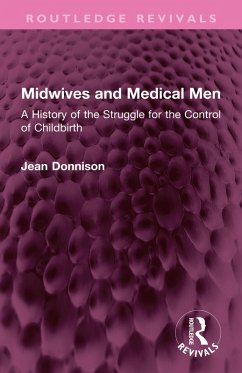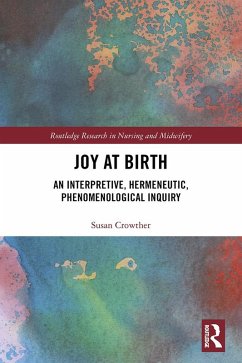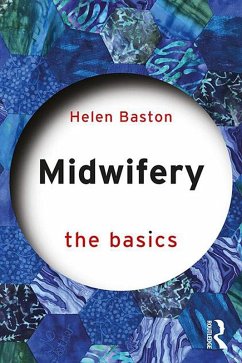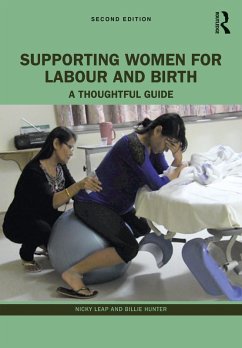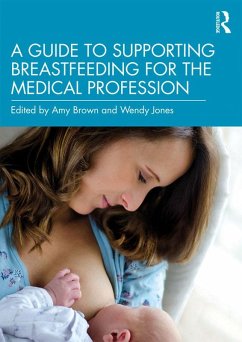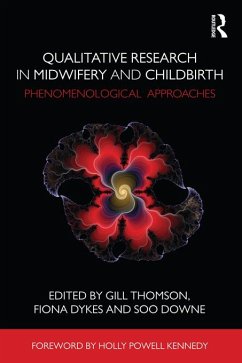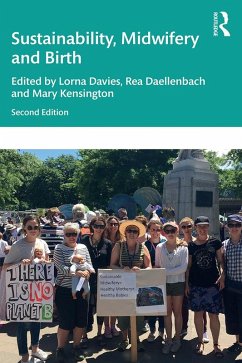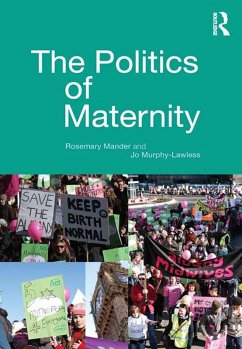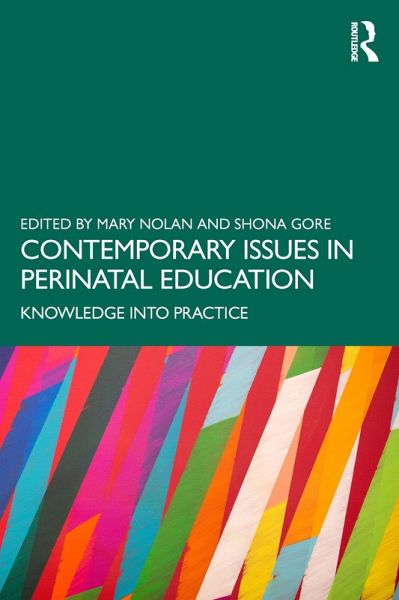
Contemporary Issues in Perinatal Education (eBook, ePUB)
Knowledge into Practice
Redaktion: Nolan, Mary; Gore, Shona
Versandkostenfrei!
Sofort per Download lieferbar
37,95 €
inkl. MwSt.
Weitere Ausgaben:

PAYBACK Punkte
19 °P sammeln!
Providing essential knowledge and understanding that midwives, health visitors, nursery nurses and lay birth and early parenting educators need to deliver effective and evidence-based education to all new parents and families, this book explores key issues in perinatal education.Bringing together research and thinking around preconception and birth, infant sleep, nutrition, attachment and development, it also includes chapters on topics of growing importance, such as preconception education, LGBTQ+ parent education, the role of parenting advice, parent education across different cultures and t...
Providing essential knowledge and understanding that midwives, health visitors, nursery nurses and lay birth and early parenting educators need to deliver effective and evidence-based education to all new parents and families, this book explores key issues in perinatal education.
Bringing together research and thinking around preconception and birth, infant sleep, nutrition, attachment and development, it also includes chapters on topics of growing importance, such as preconception education, LGBTQ+ parent education, the role of parenting advice, parent education across different cultures and teaching antenatal classes online. Each chapter includes a key knowledge update and pointers for practice.
This wide-ranging and practical text is an important read for all those supporting new parents from pregnancy through the first 1000 days, especially those delivering antenatal care and birth and early parenting education.
Bringing together research and thinking around preconception and birth, infant sleep, nutrition, attachment and development, it also includes chapters on topics of growing importance, such as preconception education, LGBTQ+ parent education, the role of parenting advice, parent education across different cultures and teaching antenatal classes online. Each chapter includes a key knowledge update and pointers for practice.
This wide-ranging and practical text is an important read for all those supporting new parents from pregnancy through the first 1000 days, especially those delivering antenatal care and birth and early parenting education.
Dieser Download kann aus rechtlichen Gründen nur mit Rechnungsadresse in A, B, BG, CY, CZ, D, DK, EW, E, FIN, F, GR, HR, H, IRL, I, LT, L, LR, M, NL, PL, P, R, S, SLO, SK ausgeliefert werden.





